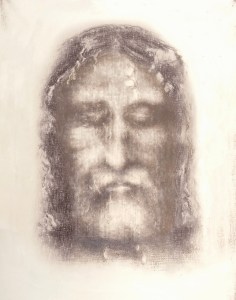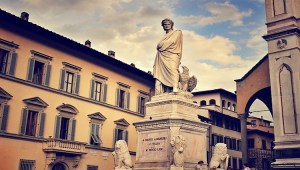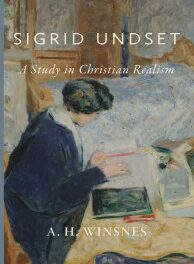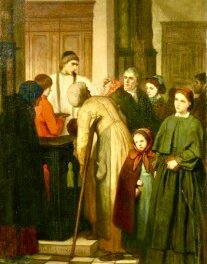We support our Publishers and Content Creators. You can view this story on their website by CLICKING HERE.
 Five years ago, when I was in Europe leading a pilgrimage tour to England with Joseph Pearce, I learned that the Shroud of Turin was to be on display for veneration in Turin. After the pilgrimage in England I made my way to Italy where I was joined by a friend. After a few days in Rome we traveled North to Turin and joined thousands of others to venerate the famous relic.
Five years ago, when I was in Europe leading a pilgrimage tour to England with Joseph Pearce, I learned that the Shroud of Turin was to be on display for veneration in Turin. After the pilgrimage in England I made my way to Italy where I was joined by a friend. After a few days in Rome we traveled North to Turin and joined thousands of others to venerate the famous relic.
As the relic was on virtual display on Holy Saturday this year I was reminded of our visit five years ago and the poem I wrote reflecting on the experience. This poem, “Resurrection,” is one of a cycle of poems on the Mysteries of the Holy Rosary.
The poem is a modified sonnet form, and I am influenced by the poetry of “The Movement”—English poets Philip Larkin, Donald Davie, and Elizabeth Jennings who retained traditional forms, but wrote with the cadences of everyday speech, maintaining the discipline of rhyme while often disguising an obvious rhyme scheme with enjambment, eye rhyme and near rhyme.
For what it’s worth, the reader may also note a strong allusion at the end of the poem to Donne’s Death Be Not Proud and my own nod to Donne’s fondness for wordplay and puns.
“Resurrection”
Turin 2015
I tried to lay aside the arguments
and just view the evidence before me.
Of course the case for authenticity
matters, but direct experience
is where reality and theory meet.
We stood silently in the darkened room:
thirty strangers—all travelers far from home
drawn to an ancient linen winding sheet
singed with the image of a tortured man.
As fragile as the portrait of a ghost
sketched by light it seemed. Suddenly I’m lost.
The bloodstains, the wounds, the face—I’m shaken
by the violent tenderness of the sight.
Full of dread, I’m un-mightied by the shroud.
Like death I kneel; like death, I can’t be proud.
Done, I rise Into the morning, clean and white.
This essay was first published here in April 2020.
The Imaginative Conservative applies the principle of appreciation to the discussion of culture and politics—we approach dialogue with magnanimity rather than with mere civility. Will you help us remain a refreshing oasis in the increasingly contentious arena of modern discourse? Please consider donating now.
We hope you will join us in The Imaginative Conservative community. The Imaginative Conservative is an online journal for those who seek the True, the Good, and the Beautiful. We address culture, liberal learning, politics, political economy, literature, the arts and the American Republic in the tradition of Russell Kirk, T.S. Eliot, Edmund Burke, Irving Babbitt, Wilhelm Roepke, Robert Nisbet, Richard Weaver, M.E. Bradford, Eric Voegelin, Christopher Dawson, Paul Elmer More, and other leaders of Imaginative Conservatism. Some conservatives may look at the state of Western culture and the American Republic and see a huge dark cloud which seems ready to unleash a storm that may well wash away what we most treasure of our inherited ways. Others focus on the silver lining which may be found in the next generation of traditional conservatives who have been inspired by Dr. Kirk and his like. We hope that The Imaginative Conservative answers T.S. Eliot’s call to “redeem the time, redeem the dream.” The Imaginative Conservative offers to our families, our communities, and the Republic, a conservatism of hope, grace, charity, gratitude, and prayer.
The featured image is “Holy Face of Jesus from Shroud of Turin (1909)” and is in the public domain, courtesy of Wikimedia Commons.
Share This Story, Choose Your Platform!
Go to Top

 Conservative
Conservative  Search
Search Trending
Trending Current News
Current News 






